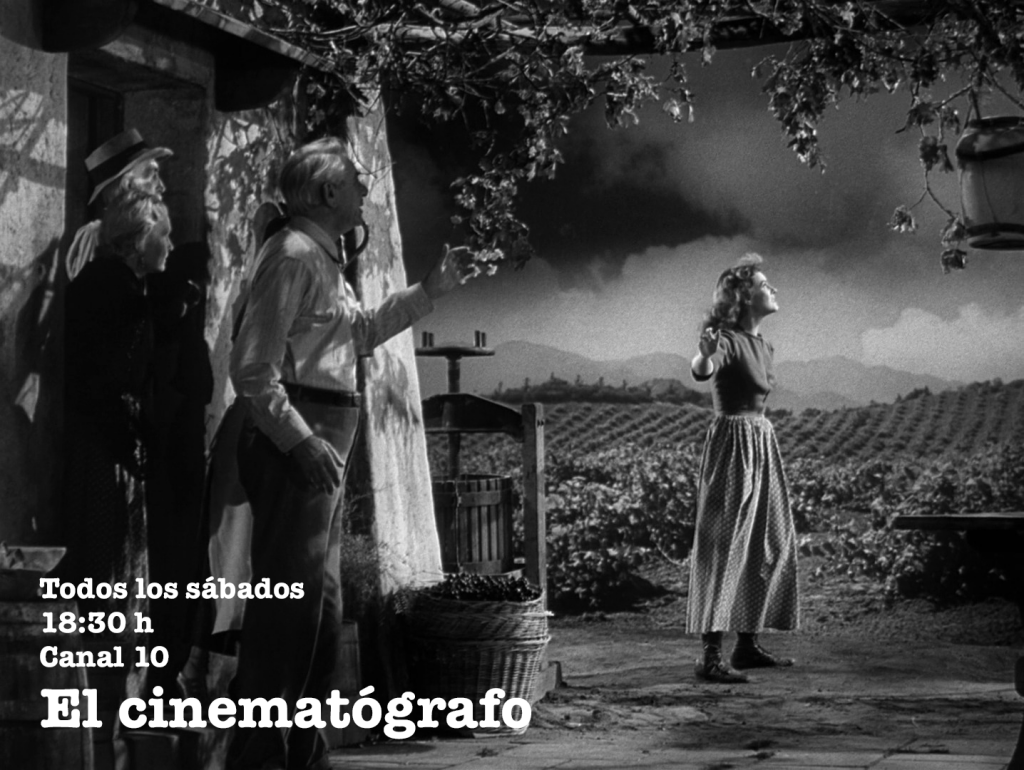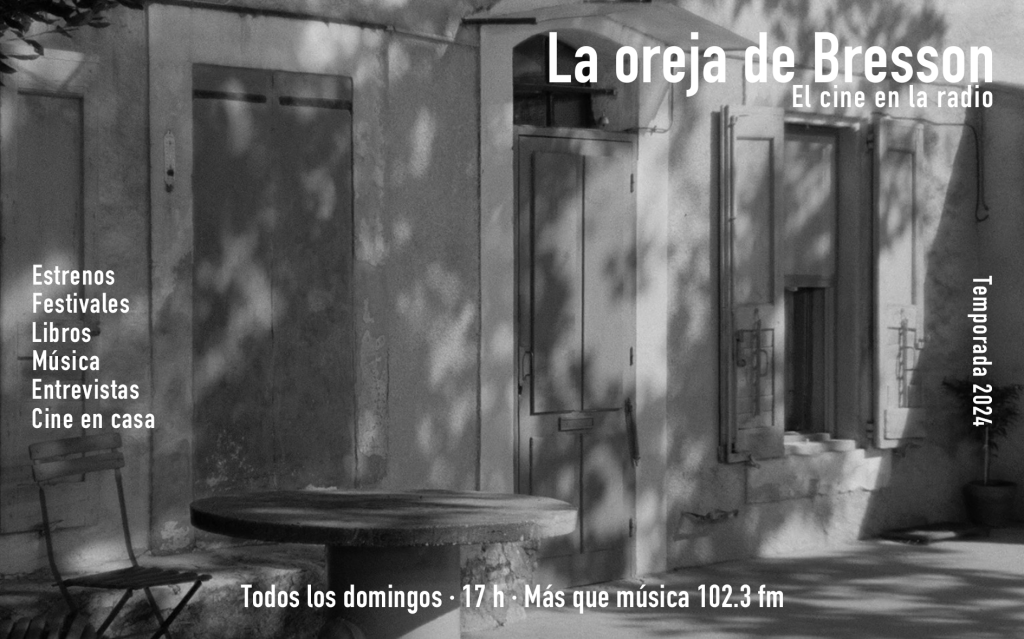
SHORT REVIEWS (22): POPULAR TALES
Aquel querido mês de agosto / Our Belowed Month of August, Portugal-Francia, 2008 (****)
Aquele querido mês de agosto is a film impossible to classify. Is it a ction film with the nature of a documentary film? Is it a documentary film disguised under the terms of a fiction? Throughout its first hour, this epiphany of life through photograms seems as a collection of folk legends and celebrations sometimes interrupted by a recurring scene—a producer and the director of a lm arguing about the shooting log.
A bikers gathering, night concerts that remind us of music quartets from Cordoba, religious processions, the screening of a horror film in which local villagers acted, as well as characters who tell extraordinary stories about this area in the center of Portugal all sum up to constitute a region. Evidently, Miguel Gomes is able to translate the oral story of a people into images.
Later on, the so-called lm plot becomes more preponderant in the tale and the producer becomes a character—the father of a teenage virgin girl who has an affair with her cousin while he and his family spend holidays in Arganil. The whole story occurs over the background of an oedipal, incestuous melo- drama. During a music confrontation, the verses sung by copleros will make this oedipal tension explicit; however, in that moment it won’t entail any form of perversion but simply the pain of a grown man who clings to his daughter for emotional support.
There are many unforgettable passages; the mysterious opening shot where a fox is trying to capture some hens could be interpreted as a metaphor for cinema—the art of hunting reality in its unstoppable transience. This shot will find its complement in a comical but philosophical discussion between Gomes and his sound designer about cinema’s possibilities to capture reality objectively.
Following the steps of Renoir and Tati, perhaps Gomes didn’t quite manage to create some kind of popular and rural “Minelli-style musical” because his film goes beyond this classical Hollywood genre in which happiness and fantasia rule. However, Gomes did succeed in becoming a channel for the cosmic music of a region within the universe. His film reverberates with the sounds of Arganil and it offers us an image of ourselves—narrative creatures who, through our desire for fiction, try to conjure away the insignificance of this cosmos.
Roger Koza / Copyleft 2016





Últimos Comentarios